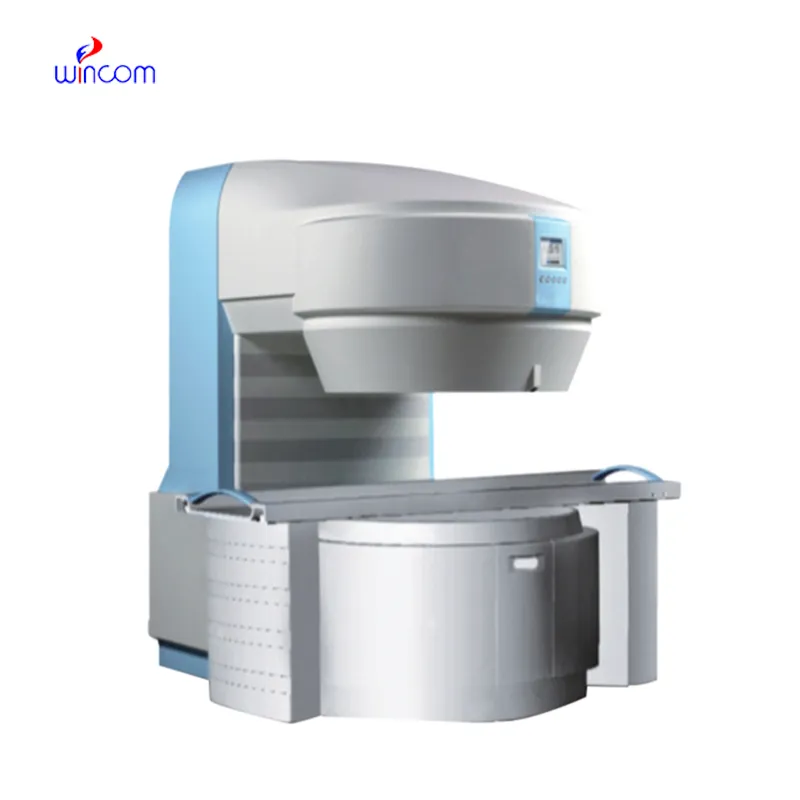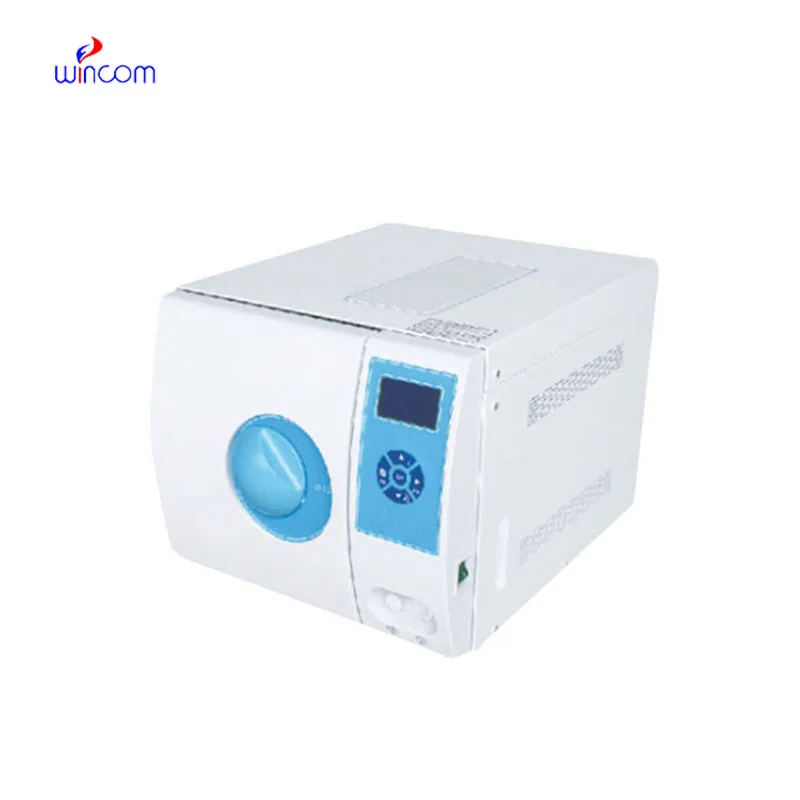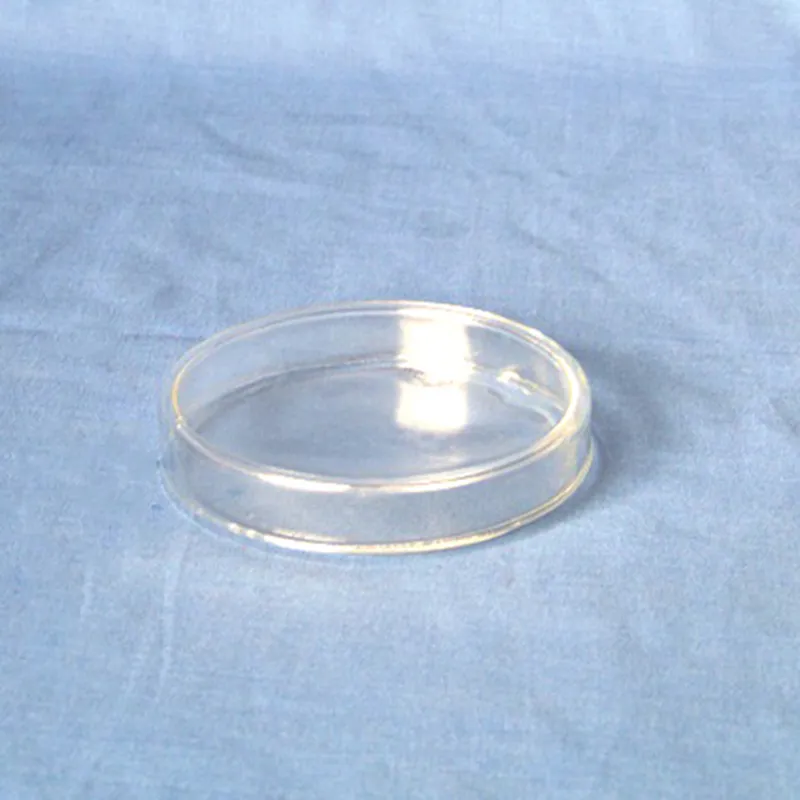
The 7t mri machine has a contemporary design with optimal use of space in the medical setting to provide outstanding image quality. It includes cloud storage and data analysis because of its software-based design. The 7t mri machine provides smooth integration with hospital information systems to enable effective workflow and record-keeping.

In gynecology and obstetrics, the 7t mri machine facilitates observation of the reproductive organs and fetal development monitoring. It is used in diagnosis of such conditions as fibroids, endometriosis, and congenital defects of the uterus. The 7t mri machine provides precise and high-resolution images without harming either the mother or the fetus.

With ongoing technological developments, the 7t mri machine will comprise smart coils and flexible imaging algorithms that respond to motion in the patient. This will minimize artifacts and minimize repeat scans. The 7t mri machine will also facilitate real-time monitoring for surgical navigation and interventional imaging.

The 7t mri machine also calls for monitoring temperature and humidity in the scan room to ascertain stable operation. Maintenance staff ought to regularly evaluate magnet pressure, gradient coils, and cooling systems. Maintaining proper records of maintenance procedures guarantees the long-term reliability of the 7t mri machine.
The 7t mri machine plays a crucial role in modern diagnosis because it provides proper organ, muscle, and blood vessel visualization. The 7t mri machine takes advantage of magnetic resonance technology to detect variations in tissue structure. It allows clinicians to diagnose conditions like brain lesions, spinal cord injuries, and cardiovascular disease accurately and safely.
Q: Why do MRI machines make loud noises during scans? A: The noises come from the rapid switching of gradient coils that generate precise magnetic fields necessary for capturing detailed images. Q: Can MRI scans be done with contrast agents? A: Yes, sometimes contrast agents like gadolinium are used to highlight specific tissues or blood vessels, improving visibility of certain conditions. Q: How should MRI machines be maintained? A: Regular calibration, cryogen level checks, and environmental control are essential for maintaining stable magnetic performance and image accuracy. Q: Is MRI safe during pregnancy? A: MRI is typically considered safe during pregnancy, especially after the first trimester, but contrast agents are usually avoided unless medically necessary. Q: Can MRI be used in veterinary medicine? A: Yes, MRI is widely used in veterinary hospitals to diagnose brain, spine, and joint conditions in animals with the same precision as in human medicine.
This x-ray machine is reliable and easy to operate. Our technicians appreciate how quickly it processes scans, saving valuable time during busy patient hours.
This ultrasound scanner has truly improved our workflow. The image resolution and portability make it a great addition to our clinic.
To protect the privacy of our buyers, only public service email domains like Gmail, Yahoo, and MSN will be displayed. Additionally, only a limited portion of the inquiry content will be shown.
Hello, I’m interested in your centrifuge models for laboratory use. Could you please send me more ...
We’re interested in your delivery bed for our maternity department. Please send detailed specifica...
E-mail: [email protected]
Tel: +86-731-84176622
+86-731-84136655
Address: Rm.1507,Xinsancheng Plaza. No.58, Renmin Road(E),Changsha,Hunan,China